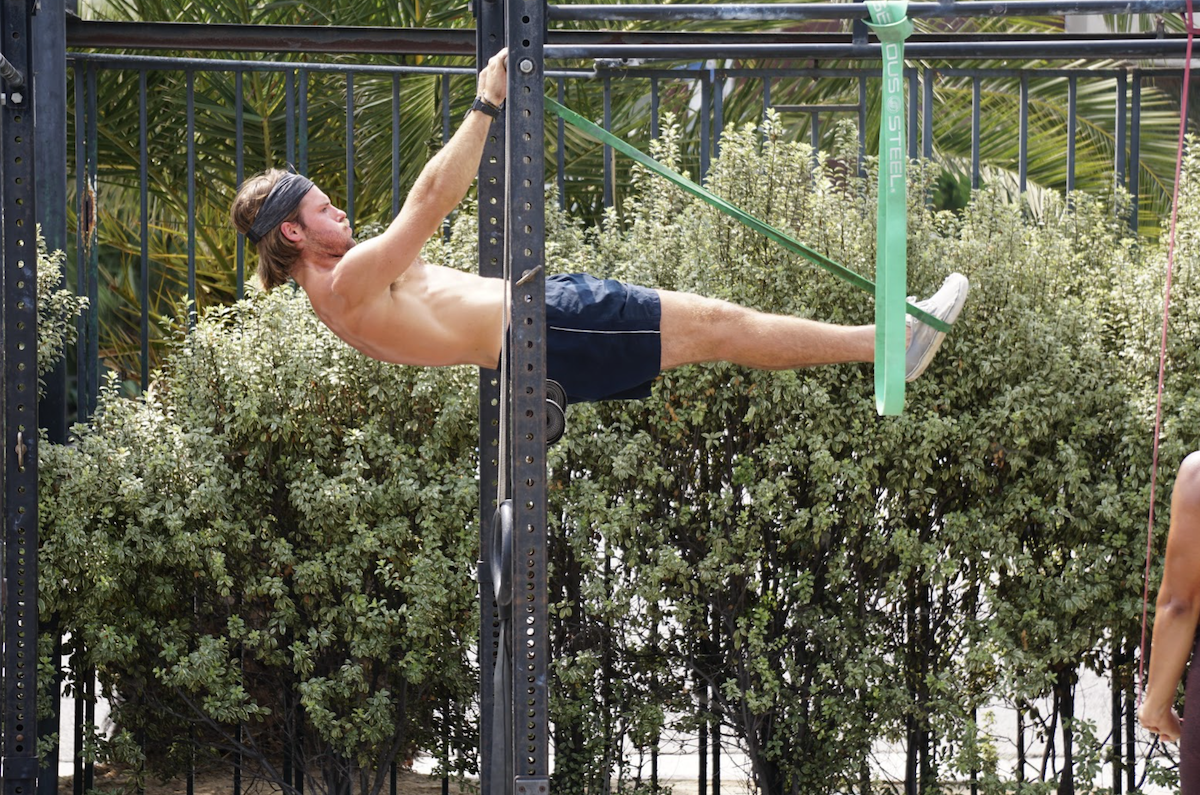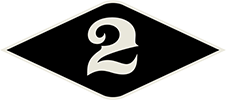
One of the most basic training principles for driving training adaptation is the idea of progressive overload – in order to build strength and endurance, we must expose the body to increasing demands. What might this look like? More weight, more time under tension, more volume, less and/or restricted breathing, etc. For most of you, this is old news
However, consider the increased complexity in interpreting any particular stimulus’s efficacy to yielding specific adaptation when multiple variables are thrown into an equation, and simultaneously. Put another way – if you went from a completely sedentary lifestyle to running three times per week, weight training twice per week, started eating nothing but plants & animals and also sleeping 8 hours per night – how would you determine which component of this new lifestyle was improving your health the most? Conversely, how healthy would you continue to be if the total number of “health hacks” added to your life began creating stress that negatively impacted your sleep, relationships and productivity?
The scope of what any one person can select and attend focus to for any sustained period of time – unsurprisingly – is unique to each individual. That said, consider the utility in applying progressive overload on a broader scale, from a narrower lens.
I’ll leave you with an excerpt from artist Dustin Yellin on a recent Tim Ferriss podcast to demonstrate this idea in another way. Here’s Yellin, on searching for the right rocks to make sculptures out of:
“Holy f — . There are so many rocks. How could I possibly see them all at the same time? And then distinguish which ones will fit together in order to make something out of them? I could say the same thing about people or places or pretty much anything; that there’s just so much. If I said to you, ‘I’m just gonna read poetry,’… Shit, I’m just gonna read Japanese poets for the rest of my life! – that in itself – I could spend 100 years doing. Just that or just watching French films or just – you know – learning about specific plants. There’s so much to learn and be exposed to and to remember… that constantly I’m in system overload.”
Yellin goes on to say that a large part of his creative process is simply mitigating the system overload in his life. He shares some of the things he does to achieve this, and perhaps most interestingly – these things are anything but novel. Rather, they are ordinary things that he likes to do; the emphasis here is that he directs his focus to engage in them.
So – if only for a day, I challenge you to ask what you can omit from your life rather than what you can add to it. Try overloading specificity, and see what happens…
9/30/20 WOD
DEUCE ATHLETICS GPP
[Meet at Anderson Park]
DEUCE BACKLOT GPP
[Meet at Pan Pacific Park]
DEUCE GARAGE GPP
Find a 1RM deadlift..
“Helen”
Complete 3 rounds for time:
400m Run
21 American KB Swings (53/35)
12 Pull Ups

